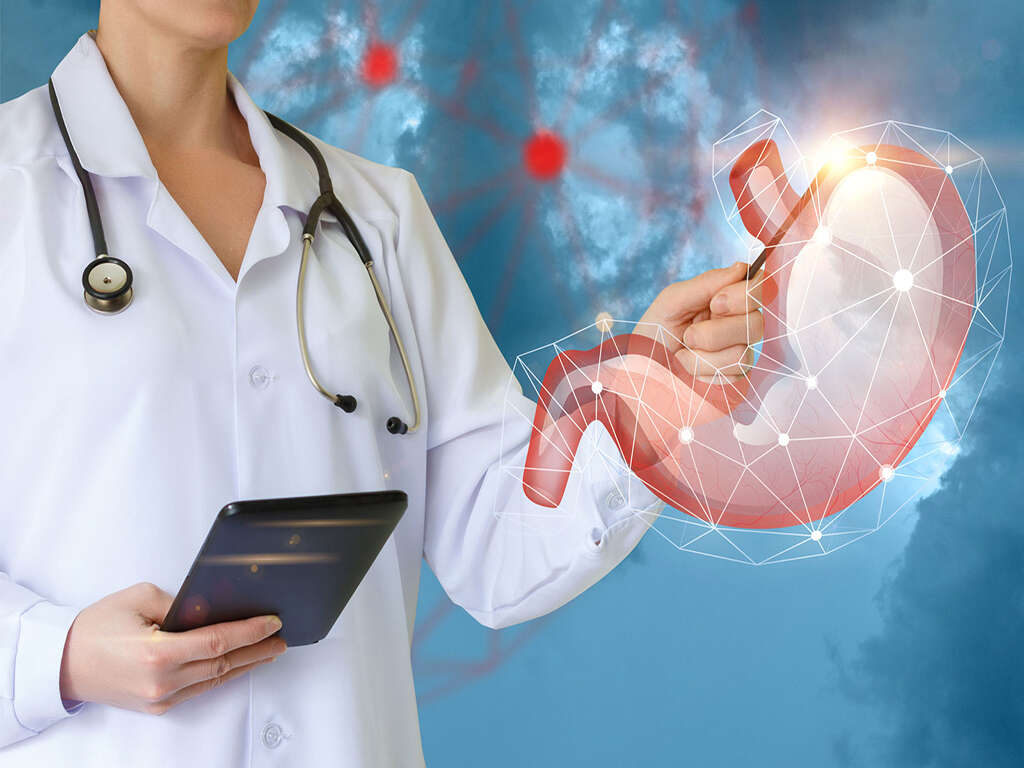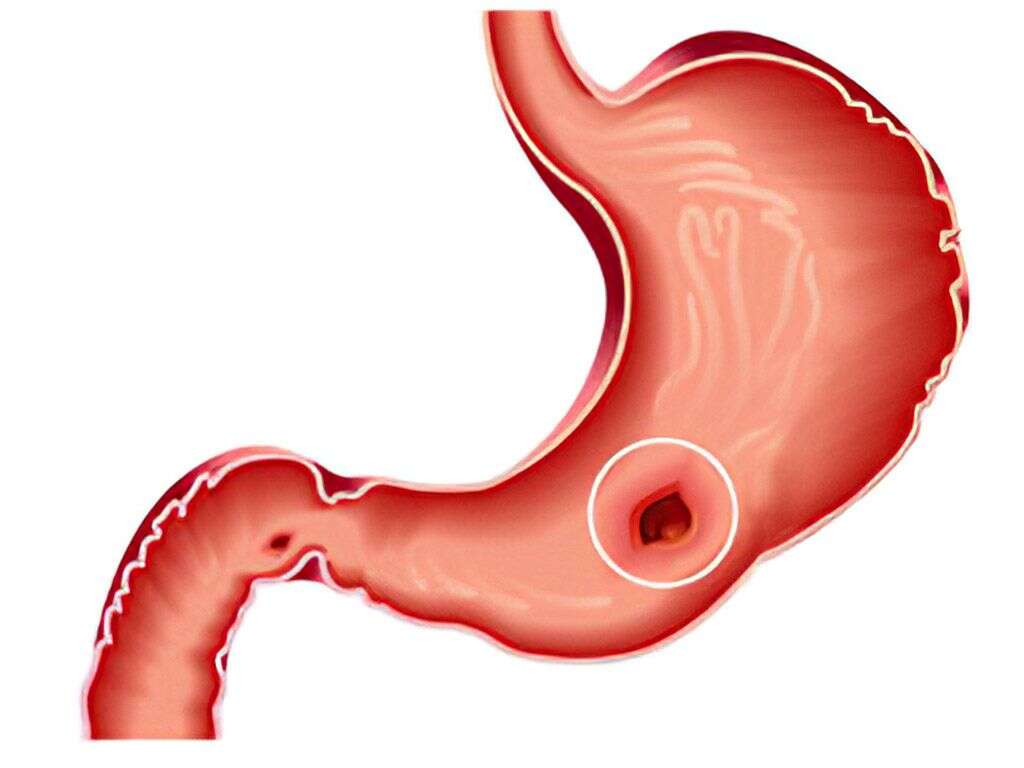What Is a Stomach Ulcer?
It is essential that our bodies are supplied with nutrients in order to keep us healthy and well. In addition to giving us energy, these nutrients will help with growth and repair, and they help to keep our immune system strong. All of these nutrients are absorbed in our bodies from our food by our digestive system.
If there was a problem with our digestive system, then our bodies may no longer be able to get these essential nutrients. This would obviously be very problematic, so it pays to help ensure our digestive system is in good condition. There are things that can go wrong with our digestive systems, however, and these include stomach ulcers.
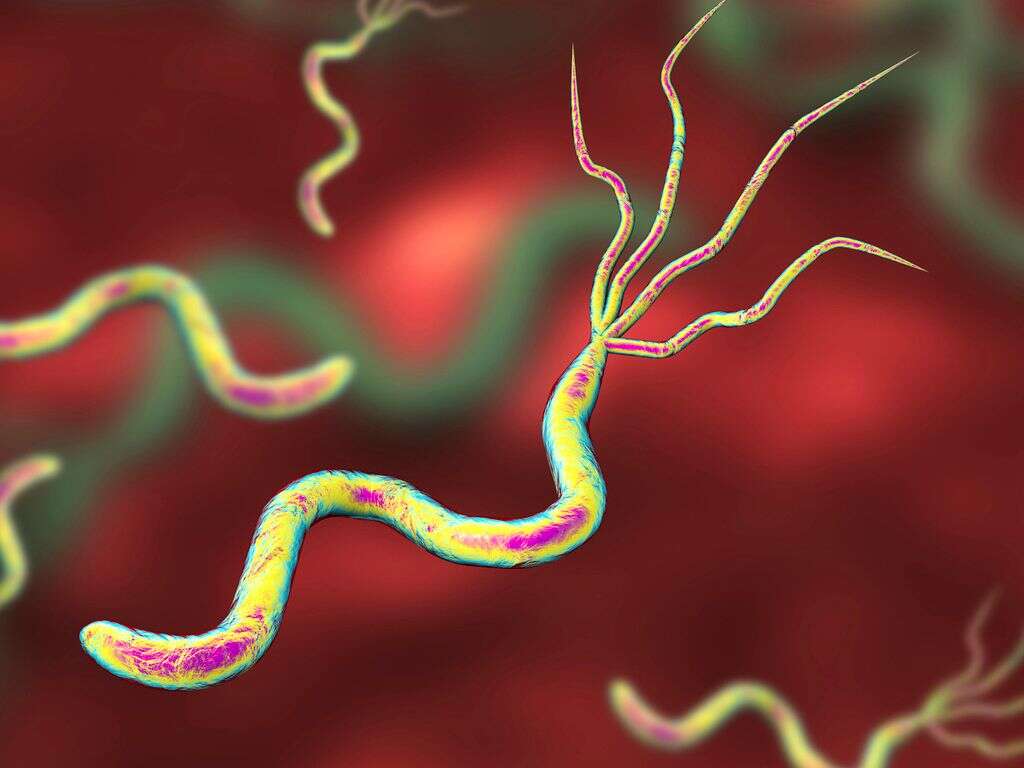
1. Ulcers
Open sores will sometimes develop in our bodies, and these are known as ulcers. Ulcers can occur pretty much anywhere externally and internally, and our digestive systems are no exception. When ulcers do occur in our digestive system, they are known as peptic ulcers.
There are two main types of peptic ulcer. These are duodenal ulcers, which are found on the duodenum, which is the upper part of the small intestine. The other type is gastric ulcers, and these are found on the internal wall of our stomach. The symptoms and treatments of both types of ulcer are the same.

2. Helicobacter Pylori
It is thought that the most common cause of stomach ulcers is a bacterium known as helicobacter pylori. This type of bacteria is very common and is often found in mucus that helps to protect the lining of the stomach. For the most part it is completely harmless, but this is not always the case.
H. Pylori can sometimes cause the lining of the stomach to become inflamed. This can result in damage to the stomach lining, and this can result in an ulcer. It is not completely clear how H. pylori is spread. However, contaminated food and water, and physical contact with other people are strong possibilities.

3. Medication
Another potential contributing factor to stomach ulcers is the use of certain medication. In particular, nonsteroidal anti-inflammatory drugs (NSAIDs) are associated with ulcers. These include some common, non-prescription medications like ibuprofen.
These drugs can contribute to stomach ulcers because they can irritate the lining of the stomach wall. Other types of medication associated with the condition include some steroids, selective serotonin reuptake inhibitors, aspirin, and anti-coagulants. These medications are most likely to cause problems when taken with NSAIDs. If you go to speak with a doctor about symptoms associated with stomach ulcers, be sure to let then know about any drugs you are taking.

4. Typical Symptom
The most common symptom of a stomach ulcer is pain. The pain will be felt in the abdomen area and it can be very painful indeed. It is often described by patients as a burning sensation. The pain tends to be worse at night, and it can also be worse on an empty stomach.
High acid levels in the stomach can also make the pain worse. Other common symptoms include intolerance to foods that are high in fat content. Nausea is another common symptom of stomach ulcers, while the patient is also likely to experience heartburn more than usual. The condition can also cause the patient to feel full, while belching and bloating are other common symptoms.

5. Severe Symptoms
Around three quarters of all people with a stomach ulcer will feel no symptoms. Of those who do feel symptoms, they can be uncomfortable but still not concerning. A small percentage of people will experience symptoms that are somewhat more severe. For example, a stomach ulcer can cause changes in the patient’s diet, and they can also begin to lose weight rapidly.
Feeling faint is another symptom, and the patient will also sometimes develop difficulties breathing. Blood can also appear in stools, and the stools can take on a tar like texture. Stomach ulcers will also sometimes cause vomiting, and there may also sometimes be blood in the patient’s vomit.

6. Complications
In addition to some rather unpleasant symptoms, stomach ulcers can also cause potentially dangerous complications. One of these is an increased chance of peritonitis. This is an infection of the abdominal cavity and is a serious condition that will require immediate treatment. Another potentially severe complication is an obstruction.
Stomach ulcers are sometimes able to prevent food from passing through the digestive system in a situation that can become dangerous. Also, the ulcer will sometimes bleed heavily, potentially causing the patient to lose too much blood. If you are showing signs of internal bleeding then you should speak with a doctor as soon as possible.
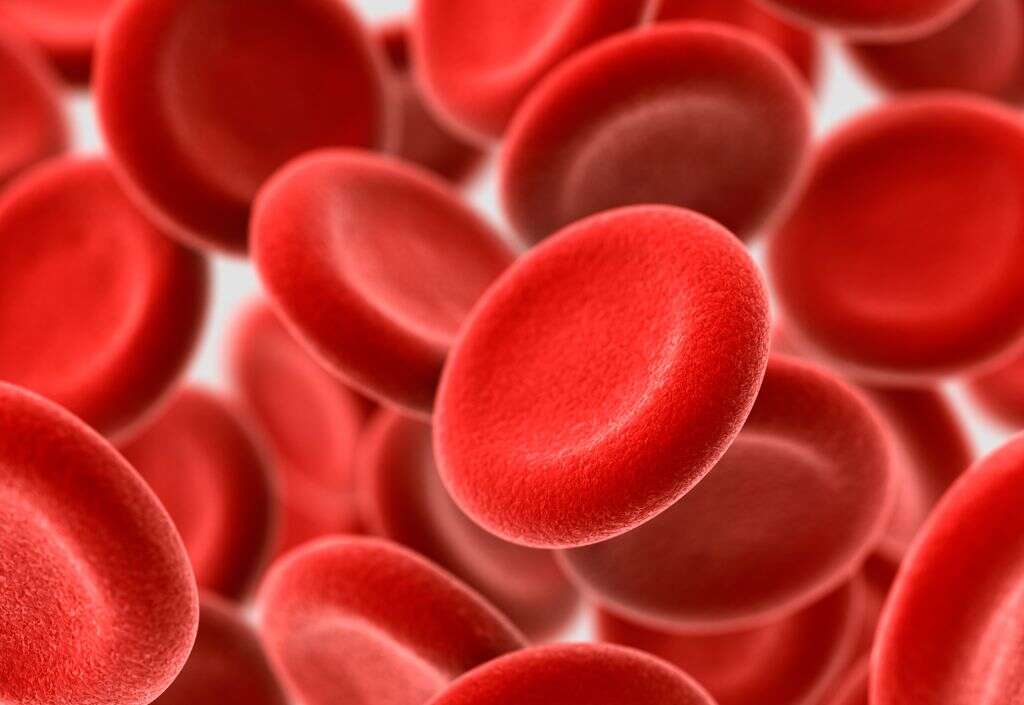
7. Who’s At Risk
As mentioned, taking NSAIDs, and some other drugs, can increase your chances of developing a stomach ulcer. Some lifestyle choices can also make somebody more likely to have a problem with stomach ulcers. For example, people that drink a lot of alcohol are also in a higher risk bracket.
Smokers are also at a higher risk of developing stomach ulcers, along with a number of other potentially serious health conditions. Eating spicy foods is also known to cause stomach ulcers, or at least make the symptoms worse. People that experience prolonged stress are also more likely to have problems with stomach ulcers.

8. Prevention
While nobody is completely safe from peptic ulcers, we can take steps to make it less likely we will develop one. One method is to stop using certain medication, or to at least reduce your dosage as much as you can. Avoiding heavy alcohol consumption can also help, as can quitting smoking, and avoiding spicy foods.
It is also a good idea to try and reduce the risk of infections from H. pylori and other pathogens. One effective way to do this is to avoid sharing food with other people, and to also avoid sharing items like crockery and drinking vessels. Washing your hands regularly and practicing good hygiene practices can also help to keep you safe from stomach ulcers.
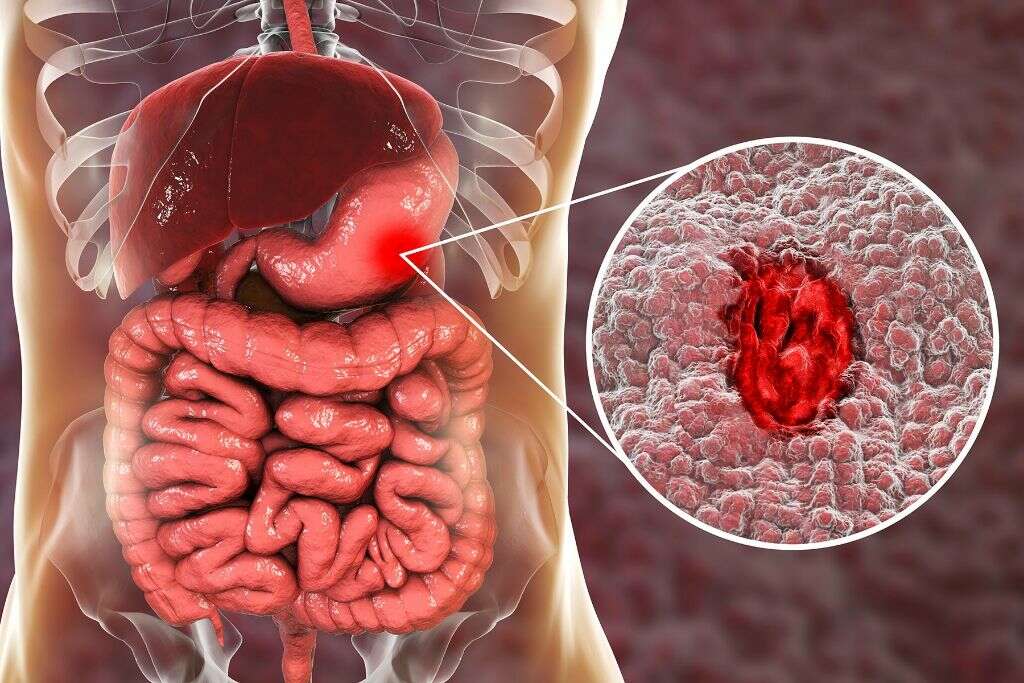
9. Diagnosis
Your doctor will need to know about your medical history, and they may also ask you questions about your lifestyle. They may also wish to perform a physical exam. Tests will then need to be undertaken to help experts reach a confirmed diagnosis. This includes blood tests or stool tests that can help confirm the presence of H. pylori.
Other possible tests include an upper gastrointestinal series. This involves using imaging technology to look for signs of ulcers and other problems in the digestive system. An endoscopy may also be used, and this involves passing a tube with a lens into the digestive system so that ulcers or other problems can be seen visually.

10. Treatment
Medication is available that can help to treat stomach ulcers, but their effectiveness will vary from person to person. One of the first steps is to make sure the patient stops taking certain medication, or at least reduce how much they do take. The patient may also need to aid treatment by making certain lifestyle changes.
In most cases, antibiotics will be provided to help remove H. pylori from the system. A combination of antibiotics will often be used to help ensure the treatment is effective. Medication can also be prescribed that will help to limit acid production. Antacids can be effective at helping to ease the symptoms, but these are only a short term solution.









